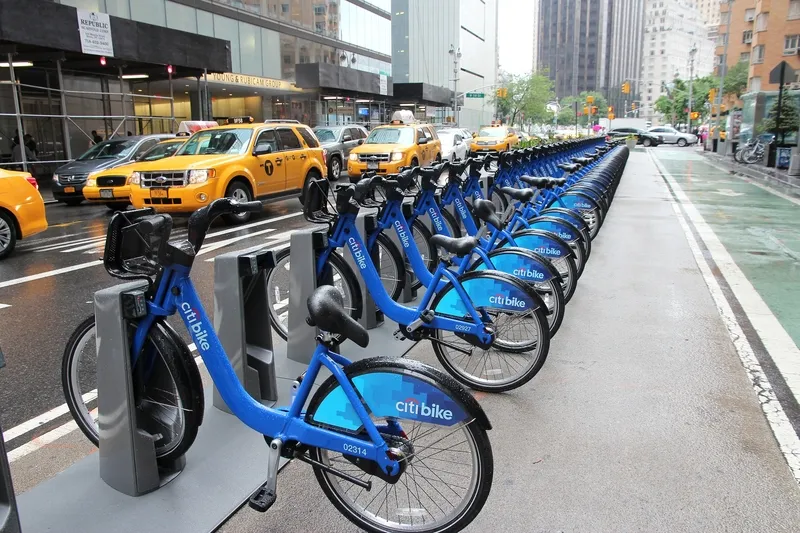A joint venture between RATP Dev and Transdev, the Mumbai metro line 1 started service on 8 June 2014 and is about to celebrate its first anniversary by crossing the 100 million passenger mark.
The 12 kilometre line, with 12 stations and built on a viaduct, is the first in the city, the fifth most populated city in the world with a population of 22 million.
The line connects the city’s eastern and western suburbs and has radically changed the daily life of people who previously depended on a bus net
June 10, 2015
Read time: 1 min
A joint venture between 4223 RATP Dev and Transdev, the Mumbai metro line 1 started service on 8 June 2014 and is about to celebrate its first anniversary by crossing the 100 million passenger mark.
The 12 kilometre line, with 12 stations and built on a viaduct, is the first in the city, the fifth most populated city in the world with a population of 22 million.
The line connects the city’s eastern and western suburbs and has radically changed the daily life of people who previously depended on a bus network that suffered from traffic congestion. Some passengers have saved up to two hours a day.
Average line patronage is now up to 260,000 passengers per day, which should continue to rise at an estimate of four per cent per year.
The 12 kilometre line, with 12 stations and built on a viaduct, is the first in the city, the fifth most populated city in the world with a population of 22 million.
The line connects the city’s eastern and western suburbs and has radically changed the daily life of people who previously depended on a bus network that suffered from traffic congestion. Some passengers have saved up to two hours a day.
Average line patronage is now up to 260,000 passengers per day, which should continue to rise at an estimate of four per cent per year.








